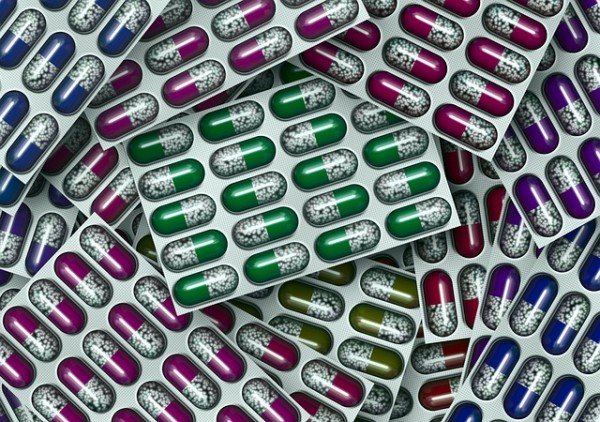1 in 13 American Kids on Psych Meds

An estimated 7. 5 percent of all schoolchildren in the United States between the ages of six and 17 have been prescribed psychiatric medication, according to a recent report.
The report was conducted and released by the National Center for Health Statistics (NCHS), a research branch of the U.S. Centers for Disease Control and Prevention (CDC).
According to the report, NCHS analysts looked at data from the National Health Interview Survey -- a long-term health monitoring survey conducted by the CDC in collaboration with the U.S. Census Bureau -- and determined that one in three U.S. children between the ages of six and 17 were prescribed some form of psychological medication for emotional or behavioral difficulties between 2011 and 2012.
According to the results of the NCHS analysis, males and non-Hispanic while children were most likely to be psychological medication, compared to other demographics. However, as females got older, the likelihood that they would be prescribed medication increased form 4 percent at pre-teenagers to 6.3 percent during their teenager years.
This finial data may appear to confirm the accuracy of the Hollywood portrayed stereotype of rich-white parent with too little time for their children irresponsibly choosing to medicate their teen's normal angst. However, according to the report, nearly ten percent of children with Medicaid or CHIP coverage used prescribed medications compared to the 6.7 privately insured children on psychological prescription drugs.
Also contrary to the social stigma associated with child medication, 9.2 percent of children in poverty were found to use prescription medications such as anti-depressants and ADHD medication, compared to only an estimated seven percent of children from families that live far above the poverty line.
According to an accompanying poll, more than three fourths of all parents of medicated children reported that the medications helped their children.
Interestingly, the NCHS theorizes that the increasing prevalence of child medication may directly associated with an increased prevalence of children being diagnosed with attention hyper-deficient disorder (ADHD). The report shows that 81 percent of children with emotional of behavioral difficulties have with diagnosed with ADHD at some point in their lives.
Recent studies have linked rising ADHD diagnosis rates with increased screen time for very young children as well as pain medication taken during pregnancy.
The NCHS report was published this April.
Apr 25, 2014 03:47 PM EDT





